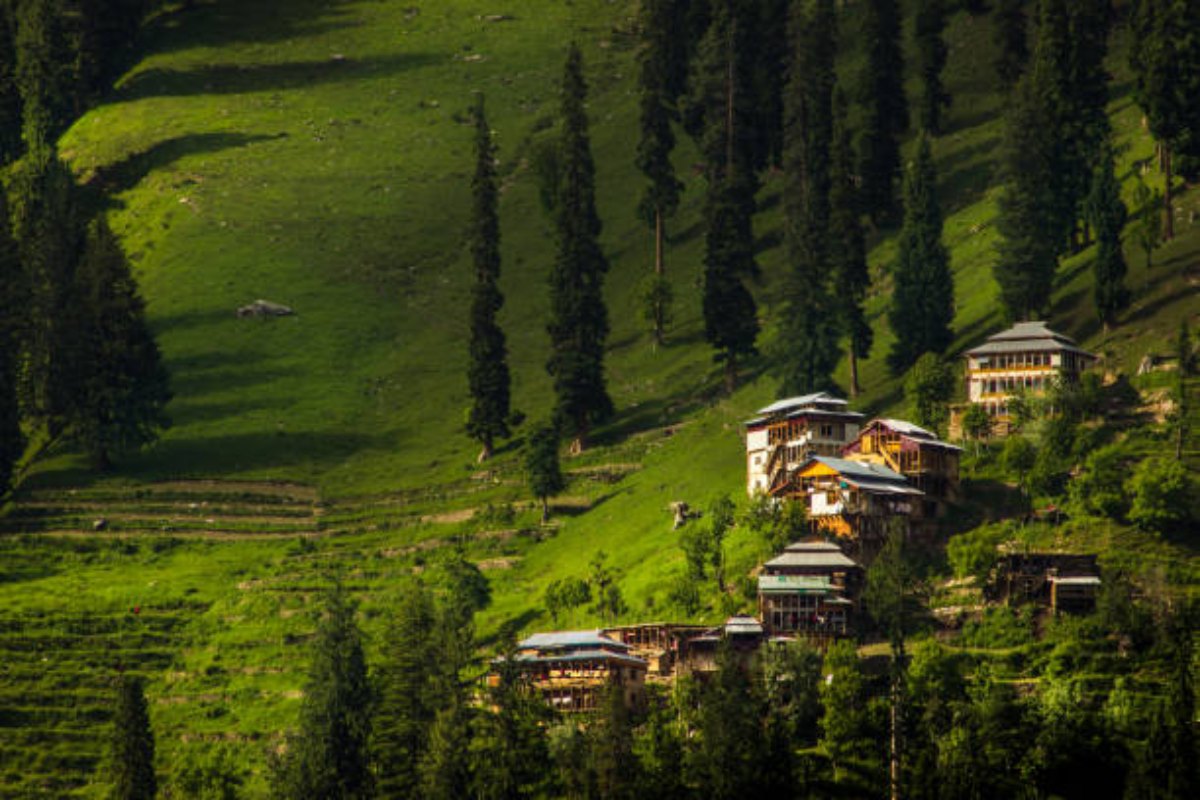J-K Chief Secy orders timely completion of roads, bridges
Jammu and Kashmir Chief Secretary Atal Dulloo on Friday stressed on ensuring timely completion of road projects in the Union territory by closely monitoring their pace on ground.
The evolution of the modern state premised on Rousseau’s theory of social contract has followed varied trajectories. Many scholars believe the Scandinavian model of the welfare state is its apogee. Others argue in favour of the Anglo-American model, claiming it is more effective in promoting prosperity.

[Representational Photo : iStock]
The evolution of the modern state premised on Rousseau’s theory of social contract has followed varied trajectories. Many scholars believe the Scandinavian model of the welfare state is its apogee. Others argue in favour of the Anglo-American model, claiming it is more effective in promoting prosperity. For post-colonial nation-states including India, however, it has been a struggle to ensure citizens can avail of guarantees implicit in the social contract between those who govern and the governed. Four years after the abrogation of Article 370 of the Constitution which applied to Jammu and Kashmir, the Indian state has at least begun the process of extending its guarantees to citizens living in the Union Territory, a writer from those parts has recently pointed out. The difference this has made to the sense of security for ordinary folk, especially religious minorities but also Kashmiriyatpasand Muslims in the Valley, is significant.
The wounds of the intergenerational, casual brutalisation of minorities in what was once the Happy Valley are yet to heal; and the virulence of those radicalised with antiIndia sentiments shows no signs of abating. The societal trauma caused by over three decades of armed conflict, directly sponsored by Pakistan, has acquired semi-permanence. The road back to normalcy is a long, arduous one. Yet, there is hope. Educational institutions, offices, and businesses functioning more or less normally provide a glimmer that better days may be around the corner. Even critics of the Central government admit that infrastructure has rapidly improved over the past four years, corruption is not as pervasive as it was, and developmental projects have been embarked upon with surprising speed. Residents of the Kashmir division of the Union Territory in particular have finally been able to focus on real issues – what’s happening with the economy, the exponentially rising number of tourists and the business they bring to Kashmir, for example, as opposed to violent street demonstrations every other day and being forced to lock themselves up in their homes. Indeed, Centre-controlled investigating agencies raiding the hideouts and homes of former terrorists, attaching properties of the cadres of proscribed fundamentalist outfits, and weeding out terror organisations’ overground workers have sparked no hartals or riots. As more than one commentator has iterated, the fact that the Jammu and Kashmir administration gave permission to the Shia community to take out the Ashura procession during Muharram on the main roads of Srinagar, after having been restricted to a few lanes of the city in past decades, was an iteration of the state’s guarantee that all Indians regardless of faith, gender or denomination will be protected in Kashmir. That members of the Sunni community too participated in the lament of the martyrdom of Imam Hussein, lining up along the procession route and offering refreshments to the Shias, was a throwback for many to less obscurantist times. These are signs that the healing has begun, and Lieutenant Governor Manoj Sinha must get credit for showing commendable sagacity in administering the territory
Advertisement
Advertisement